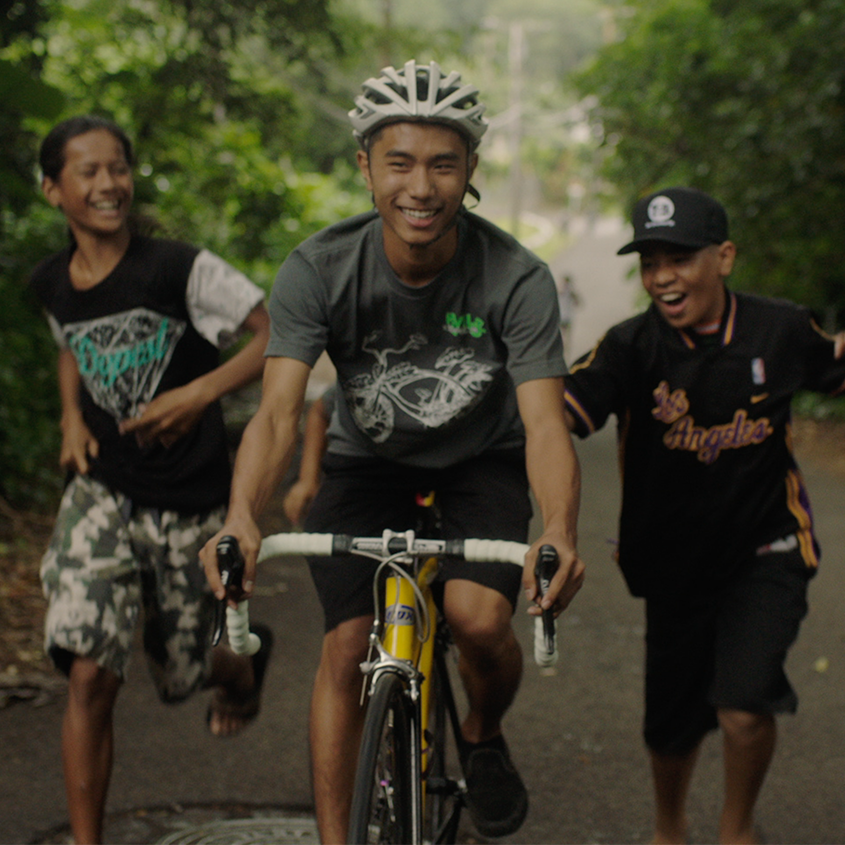Since opening in 1991, HopeHealth has evolved from a small nonprofit to a Federally Qualified Health Center addressing a wide variety of health care needs in the Coastal Region of South Carolina and eight other counties across the state. What remains the same are the core values that guided HopeHealth’s early work as a service provider for people living with HIV/AIDs. Considering the needs of communities, and involving those communities in both the services and solutions that meet those needs, is an integral part of HopeHealth’s approach to addressing wellness and health. It is what defines and shapes the Making Connections coalition that HopeHealth leads, and informs its efforts in promoting men’s and boys’ mental wellbeing in five rural counties in South Carolina’s Coastal Region.
HopeHealth is among 16 sites selected to partner with the Movember Foundation and Prevention Institute in Making Connections for Mental Wellbeing Among Men and Boys. Participating communities are developing strategies that address underlying conditions in the socio-cultural, physical/built, and economic and educational environments that can undermine mental wellbeing.
HopeHealth’s Making Connections work focuses on veterans, and men and boys in the Black and Latino communities of Florence, Williamsburg, Clarendon, Orangeburg, and Aiken counties. Partners include SC Thrive, PASOs, Florence Boys and Girls Club, South Carolina Office of Rural Health, and the Consortium for Latino Immigration Studies of the Arnold School of Public Health at the University of South Carolina.
In the initial planning year of its Making Connections work, the coalition has conducted focus groups and interviews across the region to learn more about the mental wellness challenges among the different populations of focus. “Our partners set up the focus groups,” said Sallie Bachman, Chief of Special Programs for HopeHealth and Making Connections Project Lead. “They already had an established presence and rapport. That is part of the wisdom of this project: that you build on the relationships and strengths that are already present.”
Among the concerns that veterans identified are isolation and suicide risk. In response, the Making Connections coalition is exploring opportunities to expand training through SC Thrive to equip more veterans in the community to serve as peer supports. “We saw that veterans want to invest in each other, and give back,” Sallie said. “There’s so much value in that.”
Similarly, the focus group discussions revealed that Latino men can feel isolated and cut off from support as a result of factors such as cultural differences, language barriers, immigration status, and trauma. Strategies for connecting with Latino men and boys to address some of the priority issues they have identified, including health care, family wellbeing, substance abuse, and trauma also will focus on using peer outreach as well as interpreters.
Isolation is one of the many challenges in a rural area like the Coastal Plain. The Making Connections partners hope to foster a sense of connection and contribution through the activities and places that the men and boys in the communities find positive self-expression and learning, including music, sports, social events, faith-based programs, and outdoor recreational areas.
Ultimately, the group will present its findings and recommendations to city councils across the region to catalyze efforts to address priority issues. “The Making Connections project brings together men and boys across our state to answer the question: ‘What are the root causes that are enabling our population to fall short of fully thriving,” said Carl M Humphries, HopeHealth CEO. “We anticipate this project to have far-reaching impact across individuals, families and the communities in which we work and play, both now and in years to come.”
.jpg)
September 1st, 2016
Making Connections partner, HopeHealth, is growing community partnerships and peer-to-peer outreach to nurture connections among men and boys in rural South Carolina
Building on Community Strengths
3 MIN READ


.com_Carousel.jpg)






